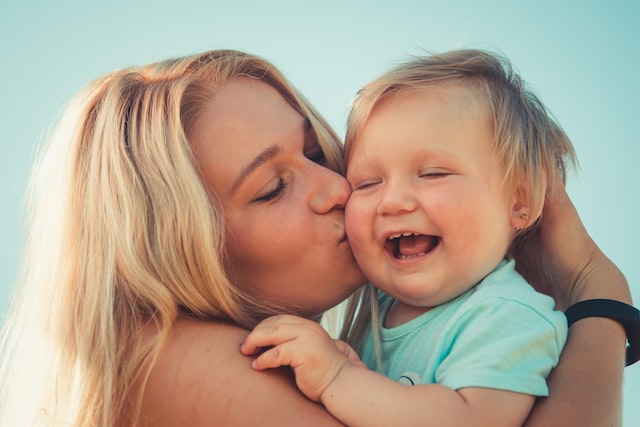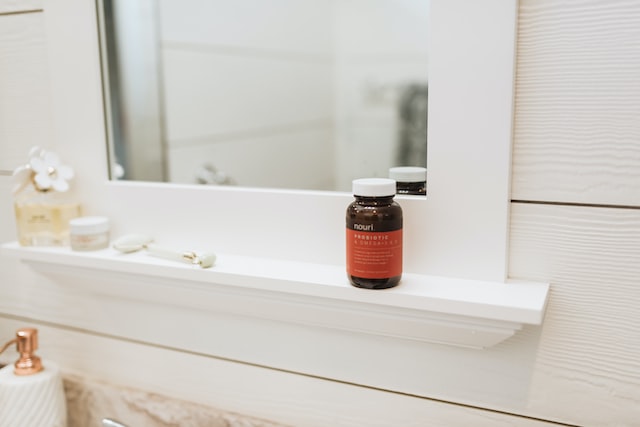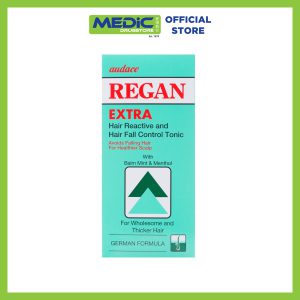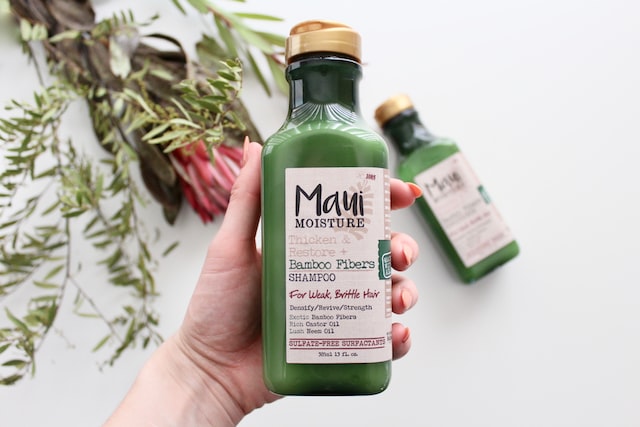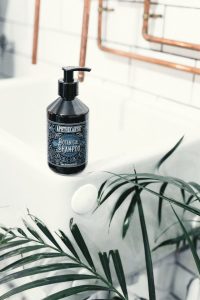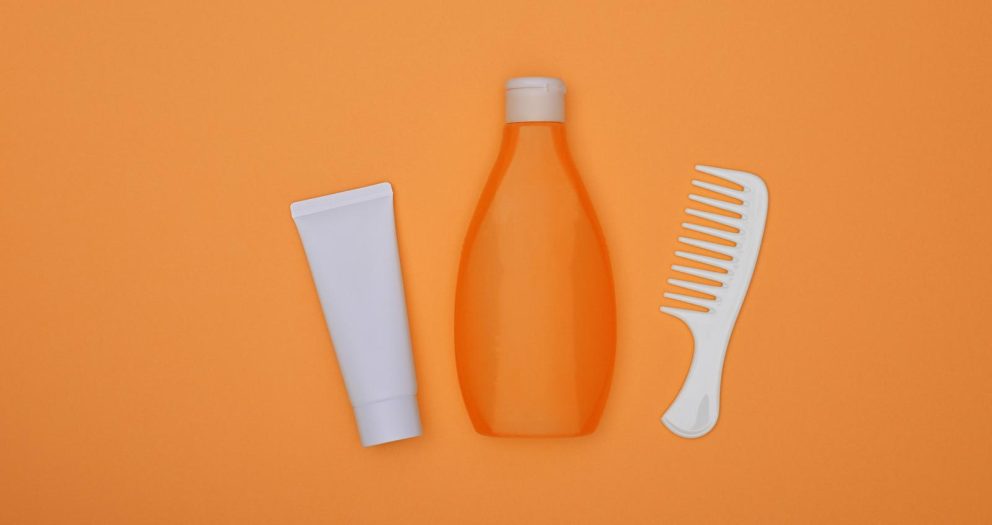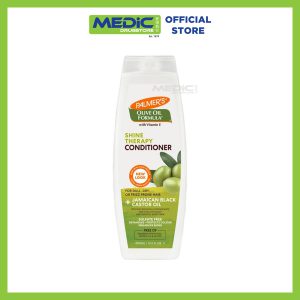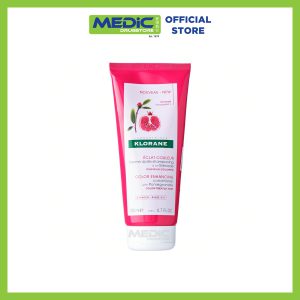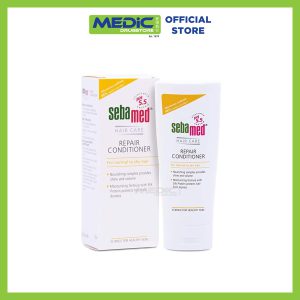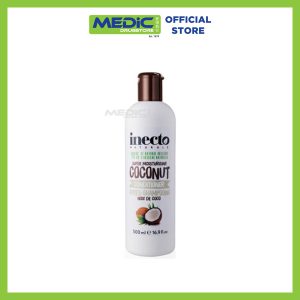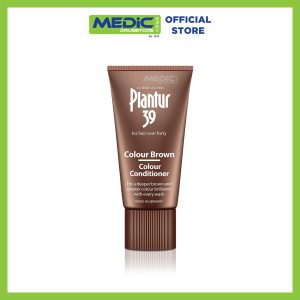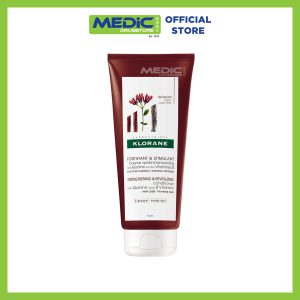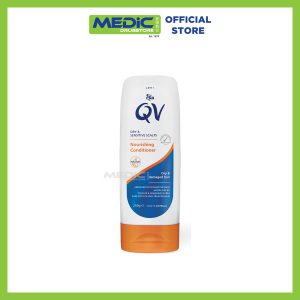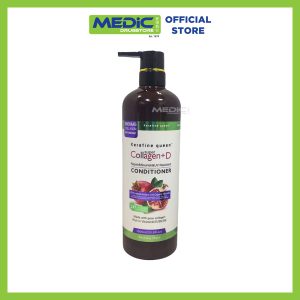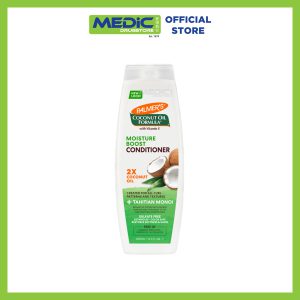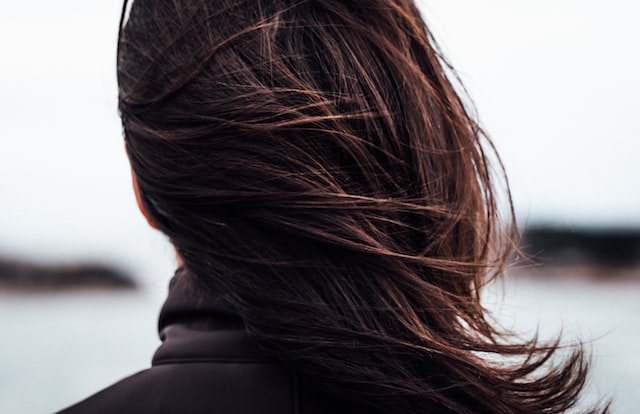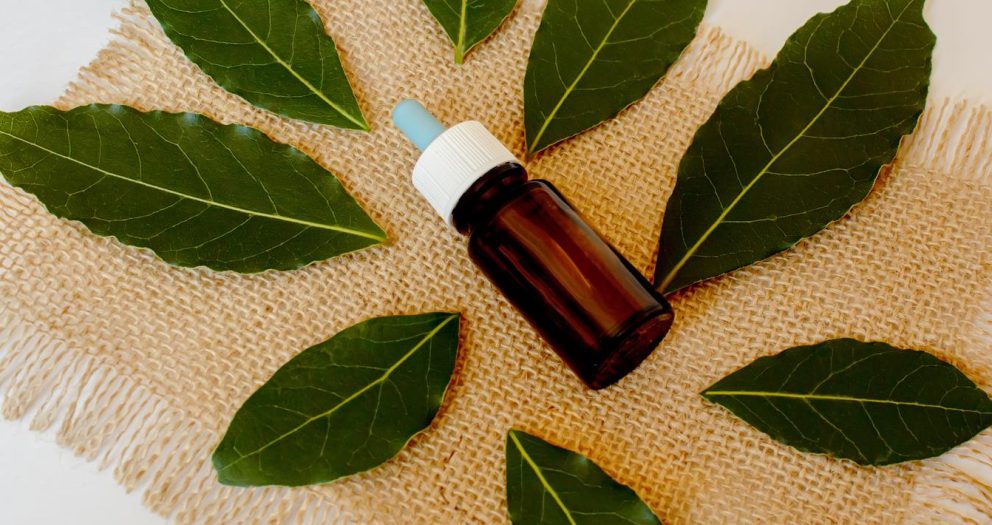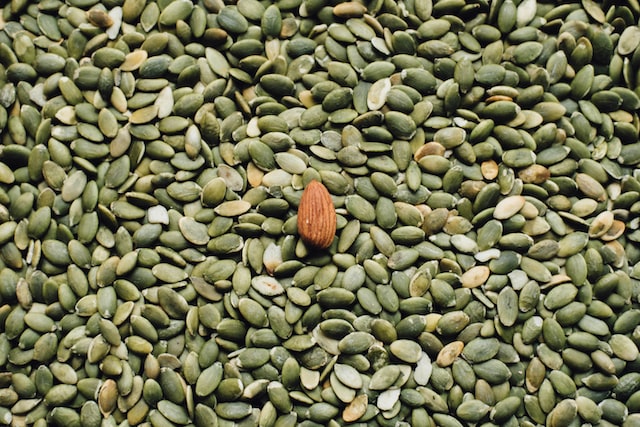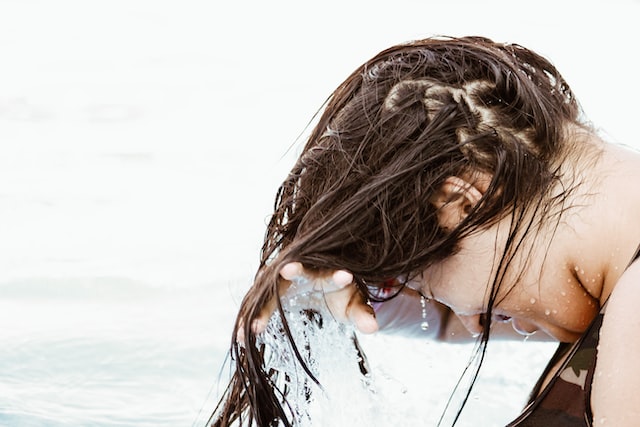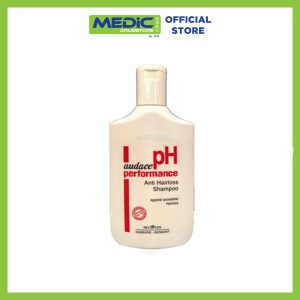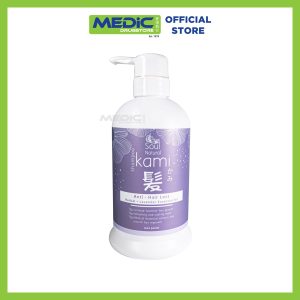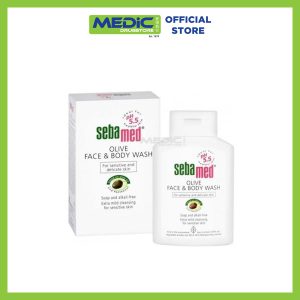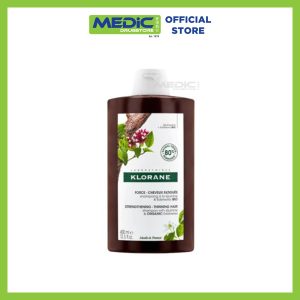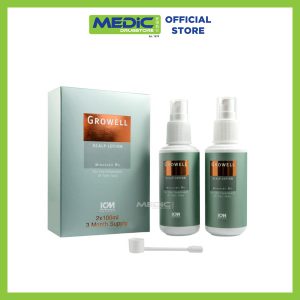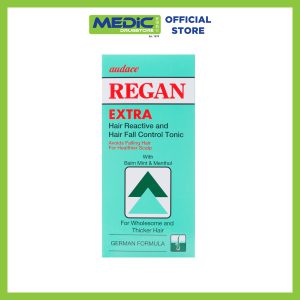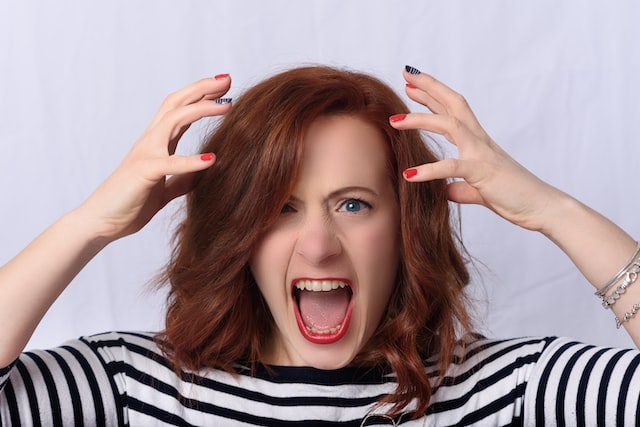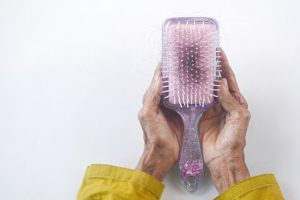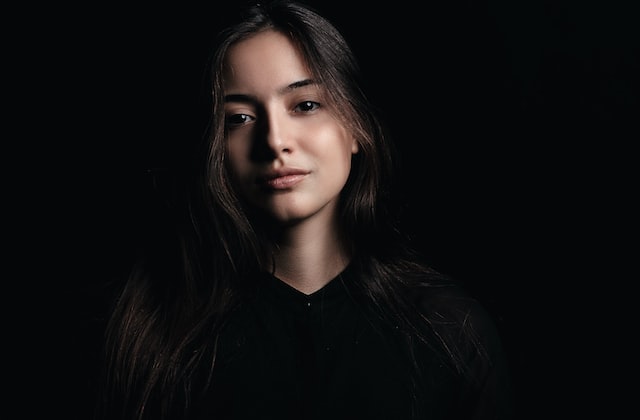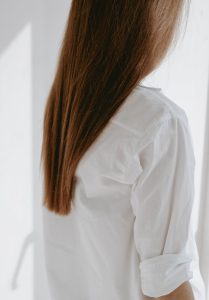Is It Normal For A Child To Lose Hair Singapore
Hair loss in children can be a concerning and distressing issue for parents. It's not uncommon to feel scared and unsure of what's causing it and what steps to take. But the good news is, hair loss in children is often temporary and treatable. However, it's important to determine the underlying cause and seek medical advice to ensure proper treatment.
While genetics and illnesses such as alopecia can play a role, it's not uncommon for hair loss in children to be caused by simple lifestyle factors, such as poor nutrition or harsh hair treatments.
So, before you jump to any conclusions, take a step back and assess any changes in your child's lifestyle that may have contributed to the hair loss.
The mystery of why your child is losing hair can be solved, and the solution could be simpler than you think. But, before you know it, it's important to have a clear understanding of the issue and seek proper medical guidance. So, buckle up, because the journey to uncovering the root cause of your child's hair loss is about to begin!
Causes of Hair Loss in Children
Genetics
Genetics can play a role in hair loss in children. Hair loss that runs in families is called androgenetic alopecia and it is a common cause of hair loss in both children and adults.
This type of hair loss is caused by a combination of genetics and hormones, and it can be inherited from either parent. Children who have a family history of androgenetic alopecia may experience hair loss at a younger age than those without a family history.
Alopecia
Alopecia is an autoimmune disorder that results in hair loss. It is estimated to affect around 1-2% of children and can present in several forms, including alopecia areata, which is characterized by patches of hair loss, and alopecia totalis, which results in complete hair loss on the scalp.
Alopecia areata is thought to occur when the immune system mistakenly attacks hair follicles, leading to hair loss.
Telogen Effluvium
Telogen effluvium is a type of hair loss that occurs when the hair growth cycle is disrupted. It can be triggered by stress, illness, hormonal changes, or certain medications, and it often results in widespread thinning of the hair, rather than bald patches.
Telogen effluvium is a temporary condition, and hair regrowth usually occurs within several months once the underlying cause has been addressed.
Anemia
Anemia, or a lack of iron in the blood, can cause hair loss in children. This is because iron is essential for the production of hemoglobin, which carries oxygen to the hair follicles and helps to support hair growth. Children with anemia may experience thinning of the hair, as well as fatigue, weakness, and other symptoms.
Nutritional Deficiency
A lack of essential vitamins and minerals, such as biotin, vitamin D, and zinc, can also cause hair loss in children. Children who follow a restrictive diet or have a poor appetite may be at risk of nutritional deficiencies, and hair loss may be one of the first symptoms to appear.
It's important for parents to seek medical advice if their child is experiencing hair loss, as early diagnosis and treatment can lead to the best outcome for the child.
Symptoms of Hair Loss in Children
Thinning of hair
One of the most noticeable symptoms of hair loss in children is thinning of the hair. This can occur gradually or suddenly and can be accompanied by other symptoms such as itching or redness of the scalp.
Patches of hair loss
Another common symptom of hair loss in children is the development of patches of hair loss. This can occur as a result of conditions such as alopecia areata and can be accompanied by itching or redness of the affected area.
Scalp irritation or redness
Children with hair loss may experience irritation or redness of the scalp, which can be accompanied by itching or scaling. This can be a sign of an underlying condition, such as seborrheic dermatitis, and should be evaluated by a healthcare professional.
Brittle or breaking hair
Hair loss in children can also be accompanied by brittle or breaking hair. This can be a sign of a nutritional deficiency or damage to the hair due to harsh hair treatments or heat styling.
Slow hair regrowth
In some cases, hair loss in children may result in slow or delayed hair regrowth. This can be a sign of an underlying condition, such as anemia, and should be evaluated by a healthcare professional.
It's important to seek medical advice if your child is experiencing any symptoms of hair loss, as early diagnosis and treatment can lead to the best outcome for the child. A healthcare professional can perform a physical examination and may order blood tests or other diagnostic tests to determine the cause of the hair loss and develop an appropriate treatment plan.
Diagnosis of Hair Loss in Children
The diagnosis of hair loss in children typically involves a thorough physical examination and medical history review. A healthcare professional may also use the following diagnostic tests to determine the cause of hair loss:
Scalp examination: A close examination of the scalp can reveal signs of inflammation, scarring, or other conditions that may be causing hair loss.
Blood tests: Blood tests can help to identify underlying medical conditions, such as anemia or thyroid disorders, that may be causing hair loss.
Scalp biopsy: In some cases, a scalp biopsy may be recommended to obtain a sample of scalp tissue for examination under a microscope.
Trichogram: A trichogram is a test that involves taking a sample of hair to evaluate the hair growth cycle and the overall health of the hair.
Skin scrapings: In some cases, skin scrapings may be taken from the scalp to identify any fungal or bacterial infections that may be causing hair loss.
Prevention of Hair Loss in Children
Preventing hair loss in children may not always be possible, as some causes of hair loss are beyond our control. However, there are some steps that can be taken to help minimize the risk of hair loss in children, including:
Gentle hair care
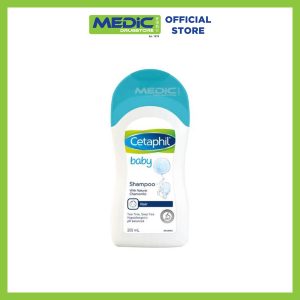
Children's hair is often more delicate and prone to damage than adult hair. It is important to use gentle baby hair care products and to avoid harsh styling practices, such as excessive heat styling or tight braids, which can cause hair damage and lead to hair loss.
Good nutrition
A balanced diet rich in essential vitamins and minerals, such as iron, biotin, and vitamins A and C, can help to promote healthy hair growth and prevent hair loss.
Avoid harsh chemicals
Exposure to harsh chemicals, such as hair dyes or bleach, can cause hair damage and lead to hair loss. It is important to use hair care products that are appropriate for a child's age and to avoid exposure to harsh chemicals whenever possible.
Manage stress
Chronic stress can contribute to hair loss. Encouraging healthy stress-management practices, such as exercise, meditation, and spending time with friends and family, can help to prevent hair loss in children.

